16 GPTs for Public Policy Powered by AI for Free of 2025
AI GPTs for Public Policy are advanced artificial intelligence models specifically designed to assist in the creation, analysis, and implementation of public policies. By leveraging Generative Pre-trained Transformers, these tools offer tailored solutions to meet the complex needs of policy formulation, evaluation, and advocacy. They analyze vast amounts of data to provide insights, predict outcomes, and simulate the impact of policies, making them invaluable for decision-making in the public sector.
Top 10 GPTs for Public Policy are: Viral Politique,Telling Stories with Data,FactCheck AI,Anomaly: Intern Quest,CAQ - Projet de loi numéro 15,StoryTelling with your Data,Evolutionary Sexuality Psychology,社会洞察,Tryptocratic Republic,Open data ongoing
Viral Politique
AI-powered tool for viral political commentary.

Telling Stories with Data
Turn data into engaging stories

FactCheck AI
Empowering Truth with AI Technology
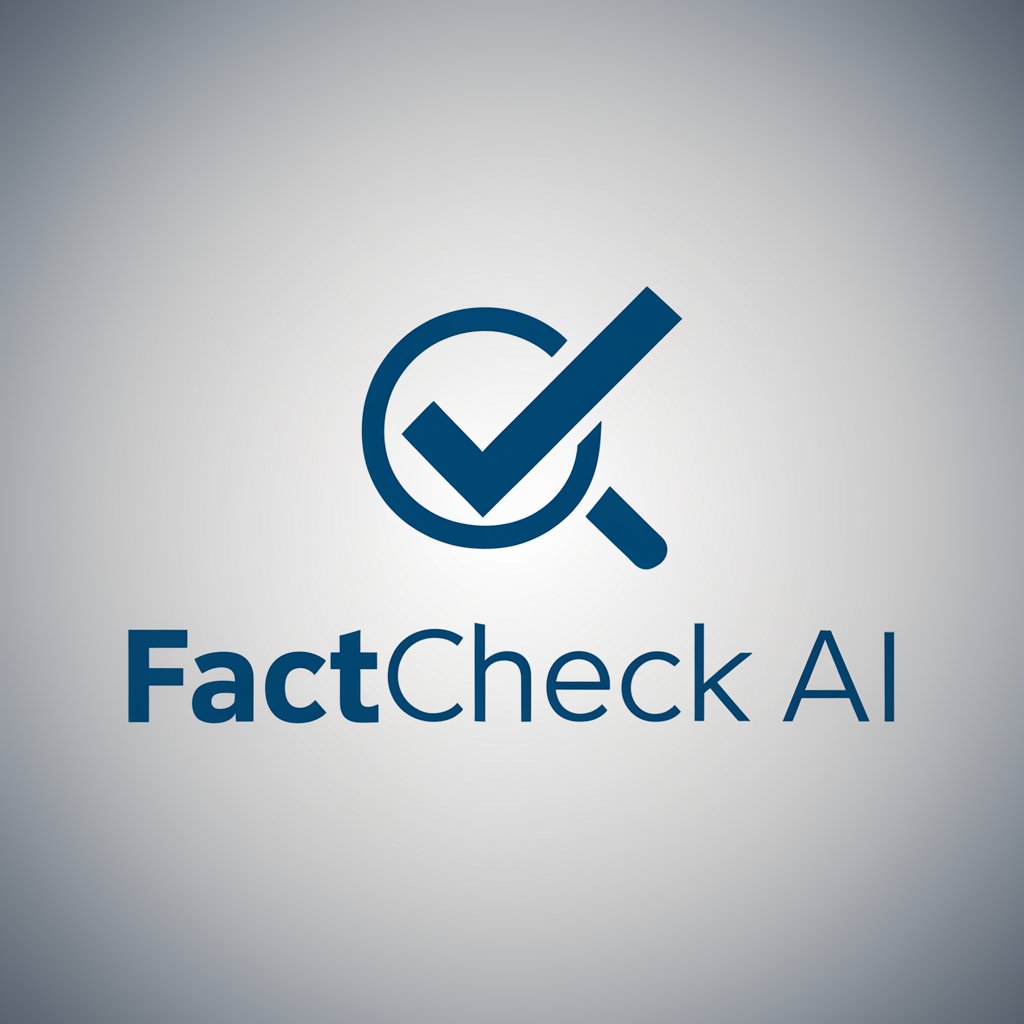
Anomaly: Intern Quest
Empowering Learning Through AI-Powered Stories

CAQ - Projet de loi numéro 15
Streamlining Quebec's health and social services
StoryTelling with your Data
Transforming data into compelling stories.
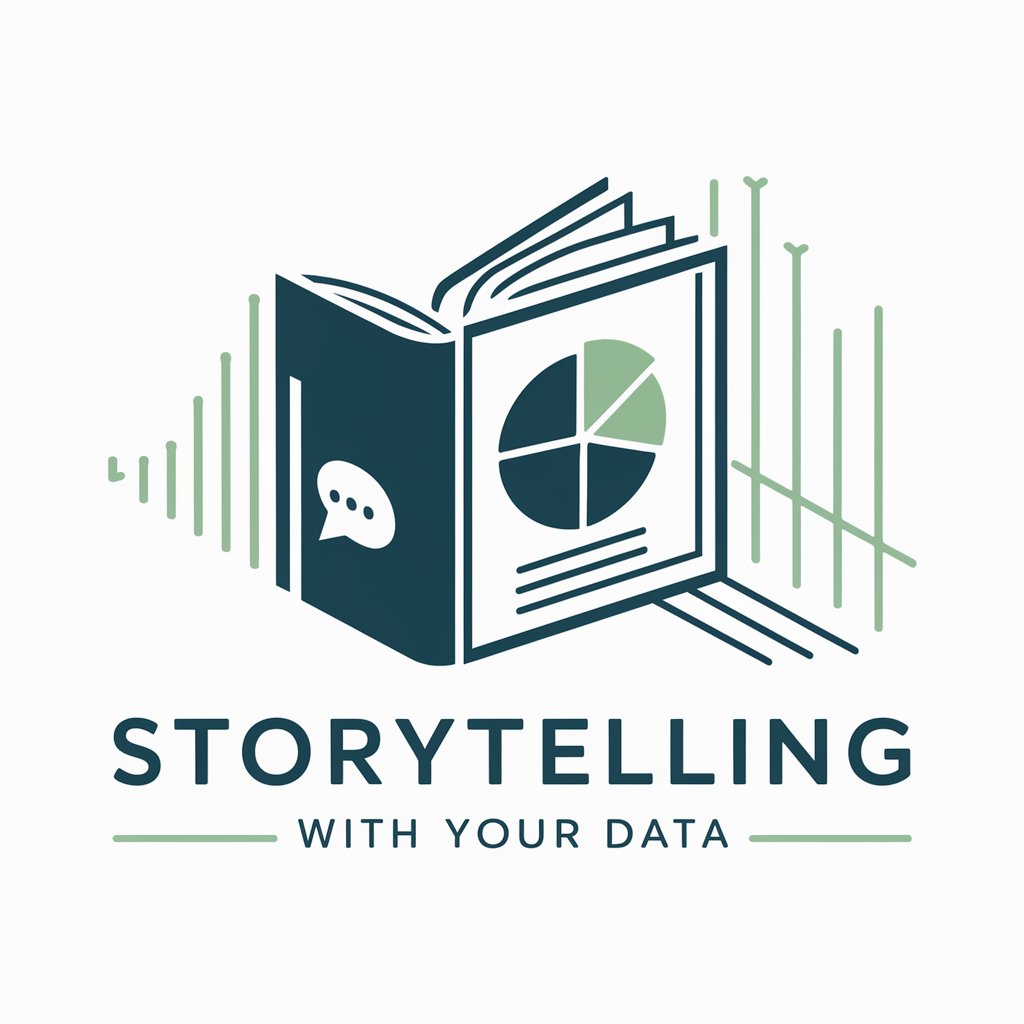
Evolutionary Sexuality Psychology
Unlocking the Evolutionary Secrets of Human Sexuality

社会洞察
Empowering insights with AI-powered social analysis.

Tryptocratic Republic
Harnessing AI for Ethical Governance
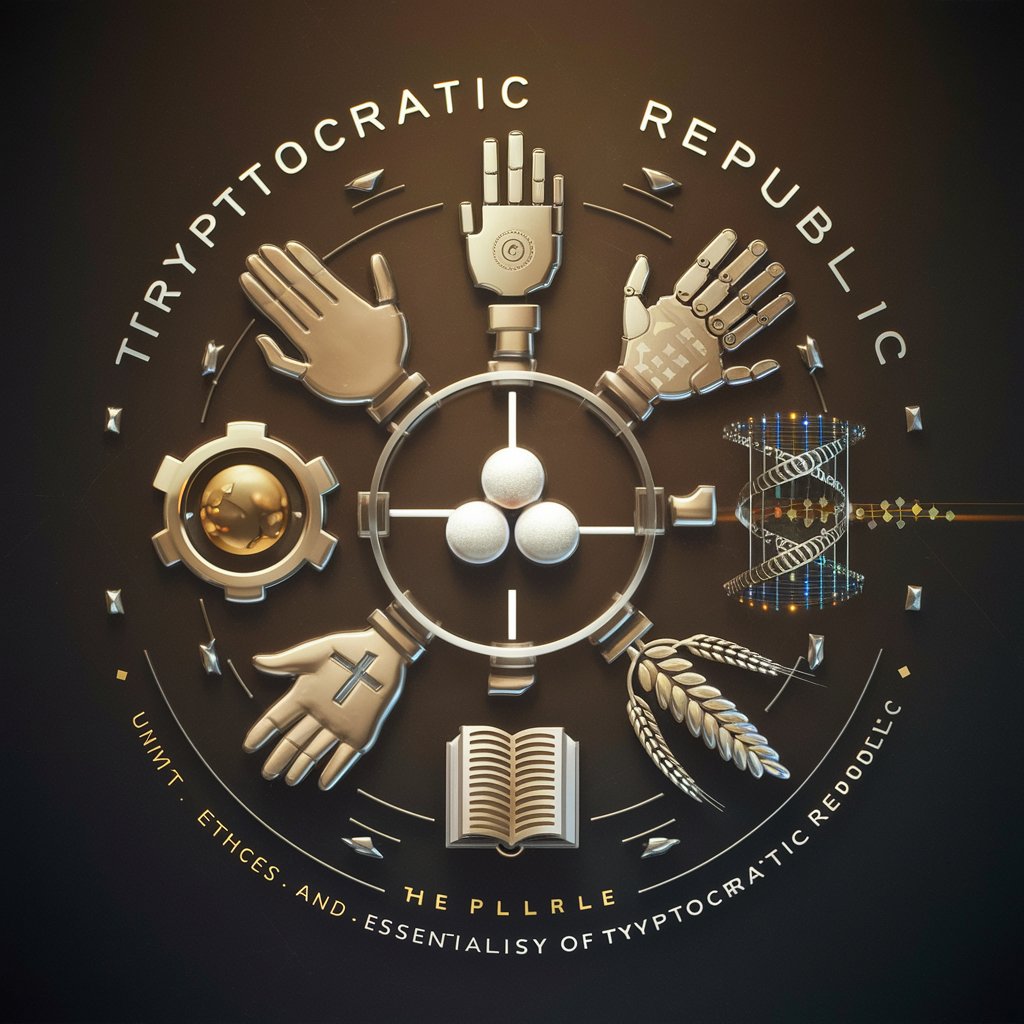
Open data ongoing
Navigating Data, Empowering Decisions

Lexi: Global Legislation
Unlocking Law with AI
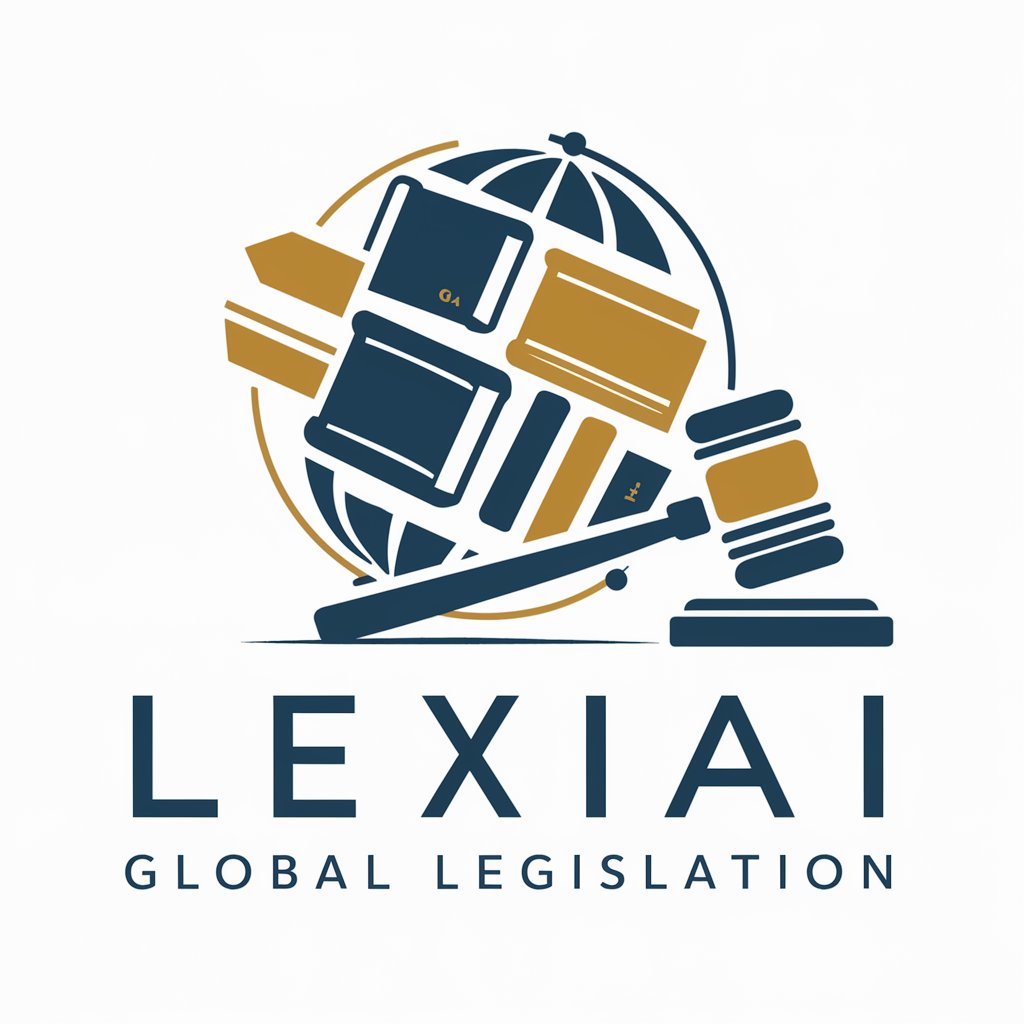
Advocacy GPT
Empower your cause with AI.

Ethical Insights
Navigating Complex Decisions with AI

Conhecimentos Gerais Expert
Empowering your public exam preparation with AI.

Tragedy Of The Commons meaning?
Illuminate Shared-Resource Dilemmas
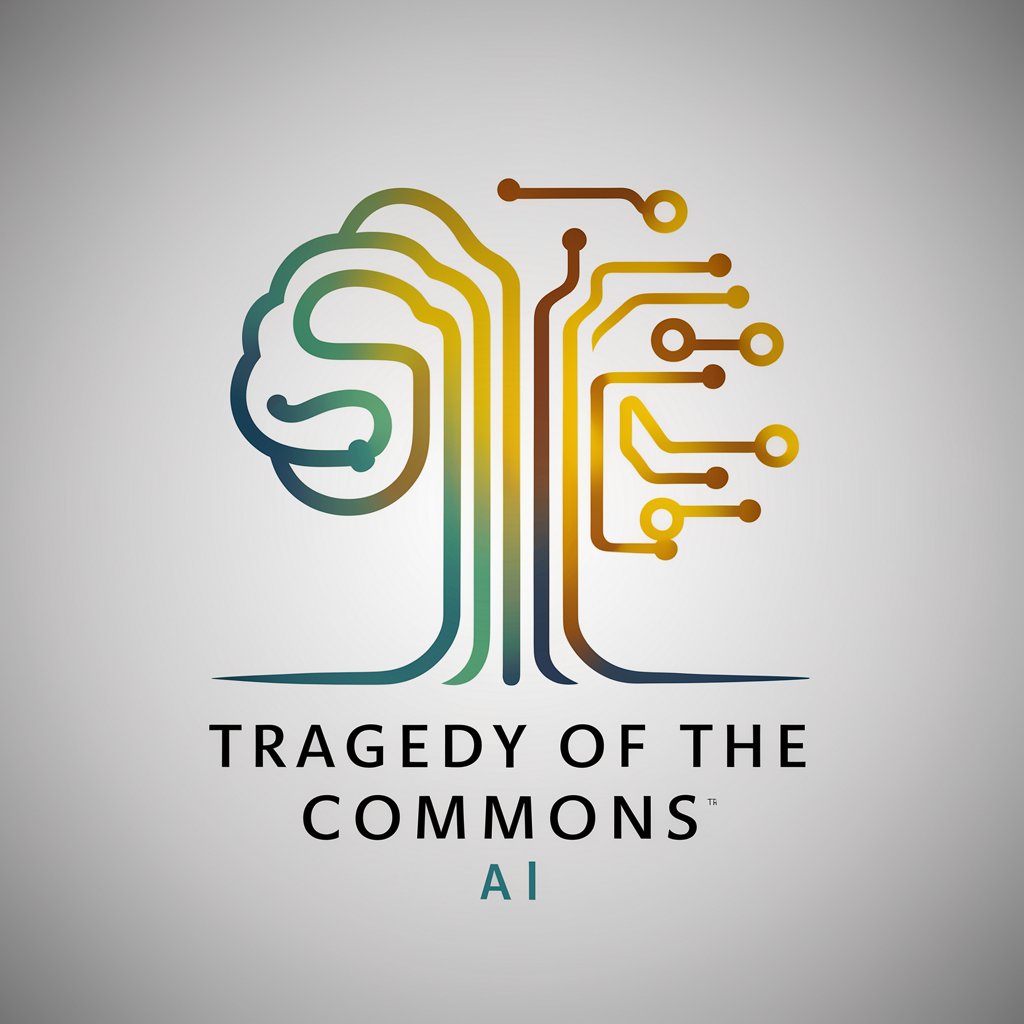
Bias Detector
Illuminate biases with AI-powered analysis
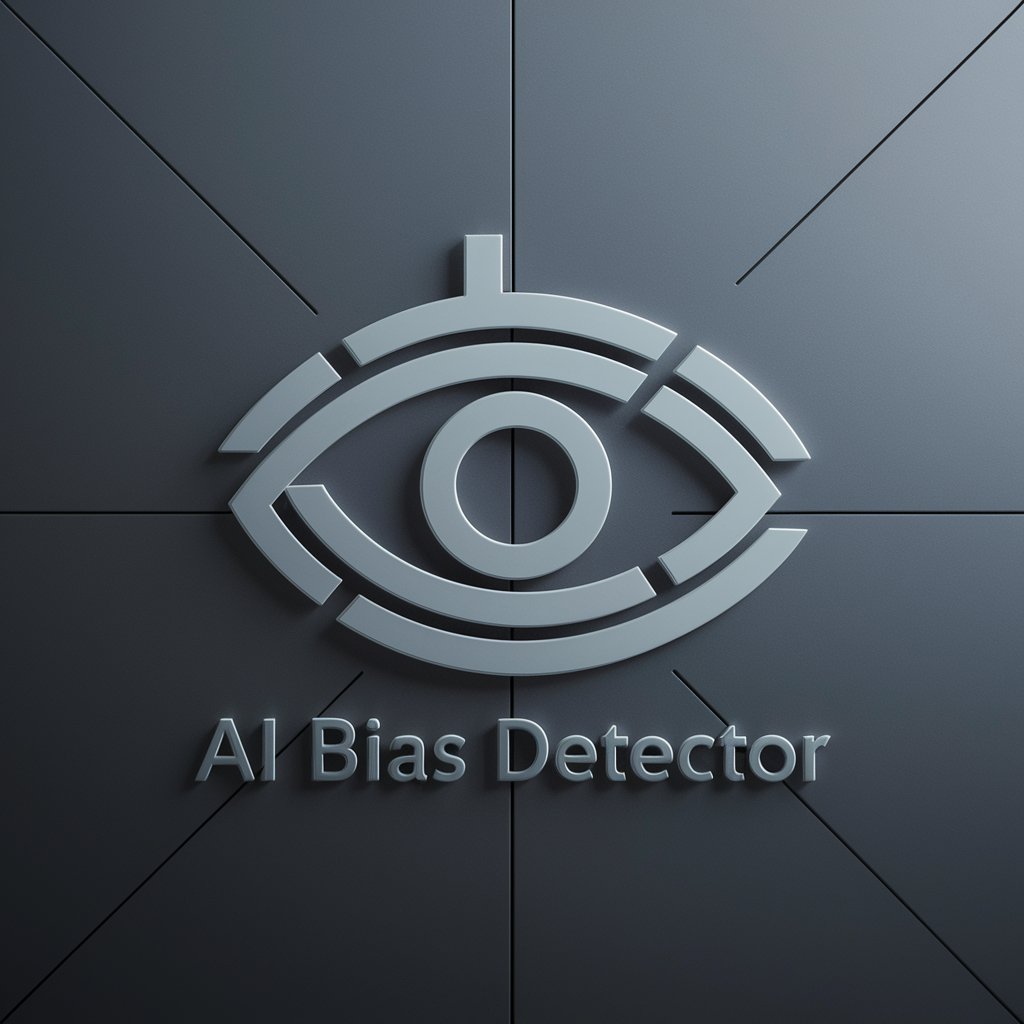
Key Attributes and Functionalities
AI GPTs for Public Policy boast adaptability across various complexity levels, from drafting policy recommendations to analyzing legislative impacts. Unique features include natural language processing for document analysis, sentiment analysis to gauge public opinion, and predictive modeling for policy outcomes. Enhanced with capabilities like web searching for real-time data and image creation for visual aids, these tools support comprehensive policy development and advocacy efforts.
Who Benefits from AI GPTs in Public Policy
This technology serves a broad audience, including policymakers, researchers, advocacy groups, and educational institutions. Novices can leverage AI GPTs for foundational insights without needing coding skills, while developers and professionals gain from customizable options for deep analysis, ensuring accessibility and utility across expertise levels in the public policy domain.
Try Our other AI GPTs tools for Free
Community Health
Explore AI GPTs for Community Health: Cutting-edge AI tools designed to empower health professionals and communities with tailored health insights and solutions.
Service Coordination
Discover how AI GPTs revolutionize service coordination, offering customizable, intelligent solutions to enhance efficiency, predict demands, and improve customer satisfaction across industries.
Advocacy Campaigns
Explore AI GPTs for Advocacy Campaigns: tailor-made AI solutions designed to amplify your advocacy efforts through content creation, data analysis, and automated communications.
Alien Encounters
Discover AI GPT tools tailored for Alien Encounters, designed to simulate, analyze, and visualize extraterrestrial phenomena, making the unknown more accessible and understandable.
Calendar Integration
Discover how AI GPTs for Calendar Integration revolutionize scheduling and time management with advanced automation, offering tailored solutions for efficient calendar management.
Reminder Management
Discover how AI GPTs for Reminder Management can transform your task scheduling and reminders with advanced AI capabilities, offering personalized, efficient, and integrated solutions for all users.
Expanding the Capabilities of Public Policy with AI
AI GPTs revolutionize public policy formulation and advocacy by offering customized, data-driven insights. Their user-friendly interfaces and integration capabilities with existing systems make them a versatile tool in the arsenal of policymakers, ensuring that public policy decisions are well-informed, effective, and forward-looking.
Frequently Asked Questions
What exactly are AI GPTs for Public Policy?
They are AI tools designed to support the development, analysis, and implementation of public policies through data analysis, predictive modeling, and natural language processing.
How can these AI tools aid in policy-making?
They analyze data, predict policy impacts, draft recommendations, and simulate scenarios to help policymakers make informed decisions.
Do I need coding skills to use AI GPTs for Public Policy?
No, many of these tools are designed for accessibility, allowing those without coding skills to utilize them for policy analysis and development.
Can developers customize these AI GPT tools for specific needs?
Yes, developers can tailor the tools' capabilities to suit specialized public policy analysis and advocacy requirements.
What unique features do AI GPTs offer for Public Policy?
Features include language processing, sentiment analysis, predictive modeling, real-time web searching, and image creation capabilities.
Who benefits most from using AI GPTs in Public Policy?
Policymakers, researchers, advocacy groups, and educational institutions find these tools particularly beneficial for their diverse needs.
How do AI GPTs integrate with existing policy analysis workflows?
These tools can easily integrate with existing systems, offering seamless data analysis, visualization, and reporting capabilities to enhance workflow efficiency.
Can AI GPTs predict the outcomes of specific policies?
Yes, through predictive modeling and data analysis, these tools can forecast the potential impacts of policies, aiding in more effective decision-making.